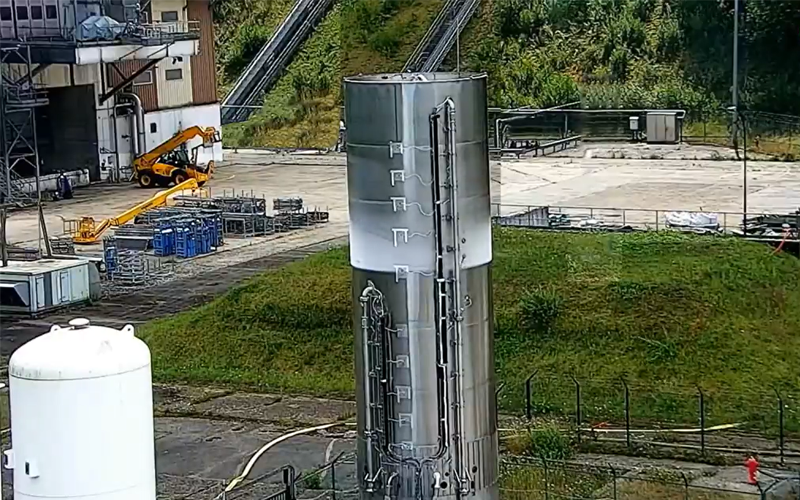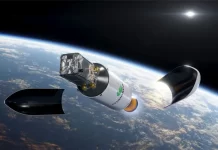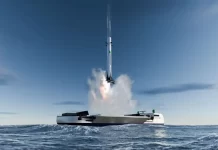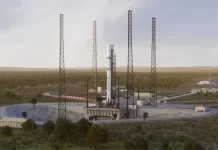
MaiaSpace has completed the first cryogenic test of a full-scale prototype of the Maia rocket’s second stage.
Maia is a partially reusable two-stage launch vehicle being developed by the ArianeGroup subsidiary. The vehicle is designed to be capable of delivering up to 1,500 kilograms to orbit when its first stage is expended and 500 kilograms when the stage is being recovered. The maiden flight of Maia is expected to occur in late 2025.
The cryogenic testing occurred at ArianeGroup’s testing facilities in Vernon, France. The prototype stage was designed, built, and integrated by MaiaSpace in less than nine months. Following the success of the first test, the company is moving forward with two additional cryogenic tests that are scheduled to take place this month.
A second Maia second stage prototype is also being manufactured. This stage will be utilized for a hot fire test in early 2024.
MaiaSpace will also begin keeping a close eye on the first hop tests of the ArianeGroup Themis reusable booster demonstrator, which are expected to take place next year. The Maia first stage will be derived from the Themis booster, and, as such, the team expects to gain valuable insights from the results of the hop tests.
In addition to the standard two-stage launcher, MaiaSpace is also developing Colibri, a kick stage that it says will increase the launcher’s performance and flexibility. Colibri is a name that is shared with another launch vehicle. The UK-based B2Space launch startup is developing a rockoon (a rocket launched from a high-altitude balloon) with the same name. Translated from both French and Spanish (the founders of B2Space are Spanish), the name means hummingbird.
MaiaSpace has already begun work on several of the key systems for the Colibri kick stage, including the engines, tanks, structures, valves, and attitude control system. The first major system tests for it are expected later this year.
Build. Test. Iterate. Repeat.
The aggressive timetable laid out by MaiaSpace ensured that it could not adopt the same slow and steady approach to development that its parent company employs. Instead, the company is focused on building and testing quickly.
“Very clearly, we are not a “Powerpoint” company at all, explained CEO Yohann Leroy in an interview with La Tribune. “We were created to develop a competitive launcher in a minimum of time, and we are convinced that the best way to achieve this is to manufacture the hardware of the launcher then test it very quickly. It’s the best way to learn.”
Another key factor enabling the company to move as quickly is that it is not starting from scratch. In addition to deriving its first stage from Themis, the company is also utilizing the Prometheus rocket engines developed by ArianeGroup under an ESA contract aboard both its first and second stages.
“I am convinced that being a Prometheus customer is the right strategy because it saves us from having to reinvent the wheel,” explained Leroy. “We wanted to be able to rely on groups that have existing European expertise in the development of rocket engines. Those who have the expertise in this area are ArianeGroup.”
Although only founded in late 2021, MaiaSpace already employs a staff of 100. This number will likely increase rapidly as it approaches the 2025 maiden flight of Maia. The company currently has 22 positions open on its careers website.




